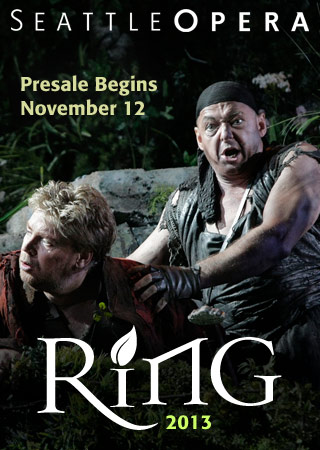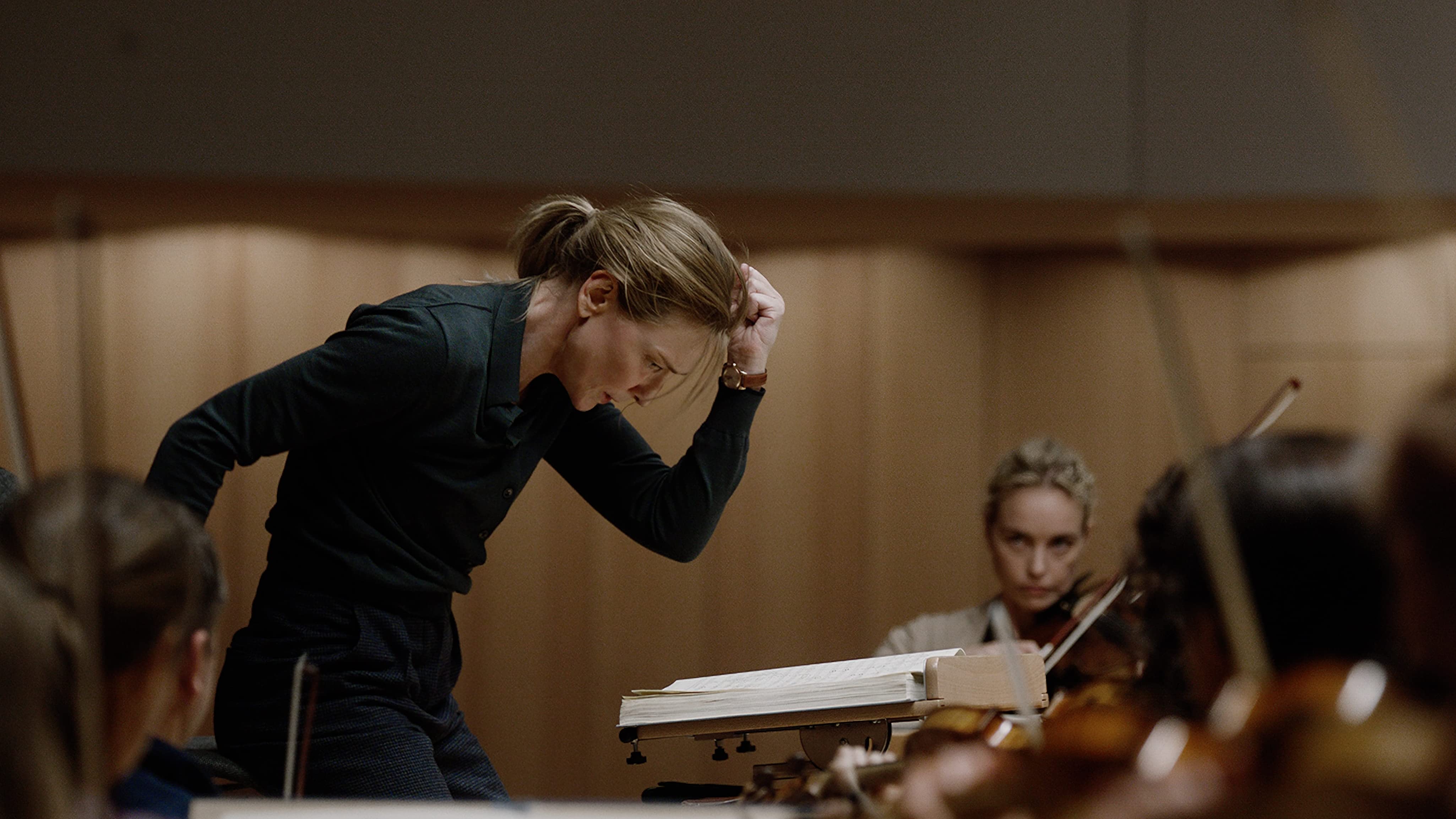Opera event: ‘People of color are encouraged to attend’
mainFrom Seattle Opera:
SEATTLE—Everyone is welcome to join the conversation at Breaking Glass: Hyperlinking Opera & Issues. This free public forum opens a door to frank discussion about race and diversity in opera. Topics will include how art is produced in an increasingly diversified America, and who has the right to tell whose story; the role of art in stimulating public discussion about racism and discrimination; and what roles social justice plays within the artistic mission of an opera company. All are welcome; and People of Color are encouraged to attend.
“At Seattle Opera, we have spent a lot of time thinking about who we want to be as a company,” said Barbara Lynne Jamison Director of Programs and Partnerships. “We love this art form; it can be powerful, transcendent, and life-affirming. As a historically White organization, Seattle Opera is committed to taking ownership of opera’s Eurocentric, and at times, racist past. We will continue to learn from marginalized voices and bring them into the center of discussions in order to build a more equitable future.”
A collaboration between Seattle Opera and the Glimmerglass Festival (a nonprofit opera festival based in Cooperstown, New York), this forum happens at a time when Seattle Opera has been highly visible for its work to increase equity, which has included nuanced, and at times, charged conversations with communities of color who have helped to hold the company accountable. Since summer 2017, Seattle Opera has used several forums and events to engage in dialogue with members of the Asian Pacific Islander community during Madame Butterfly, and the Black community during Aida.
As an equity change-leader in the opera industry, Seattle Opera was excited to be able to partner with Glimmerglass, a company that has been innovative with its storytelling and dismantling of the Eurocentric status quo. Breaking Glass originated with the desire to examine how music and art can respond to societal inequities, and as a means to provoke thoughtful discourse. Other tour sites of this forum include: Atlanta, New Orleans, Ann Arbor, Chicago, Cooperstown, Washington DC, and New York City.
The forum will include excerpts from new operas written for Glimmerglass, as well as opportunity for audience questions and input. LibrettistsTazewell Thompson and Paige Hernandez will talk about the substantive social content in their new operas Blue, which depicts an African American family after their son is shot by a police officer, and Stomping Grounds, a “hip-hopera.” Matthew Morrison from the Clive Davis Institute of New York University, Tisch School of the Arts will moderate the discussion.
The development of Stomping Grounds, Blue, and Breaking Glass: Hyper-linking Opera & Issues has been funded by The Andrew W. Mellon Foundation and the Opera America Innovation Grant and Repertoire Development Grant.

This event will be livestreamed. For more information, and to RSVP for this free event, go to: seattleopera.org/breakingglass.






Comments